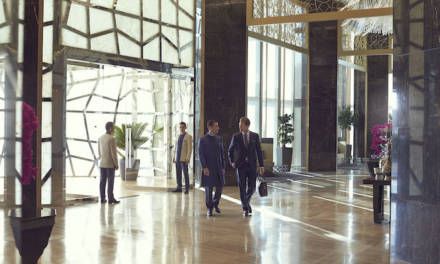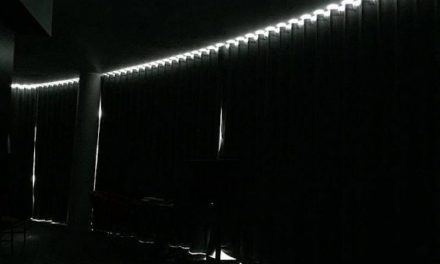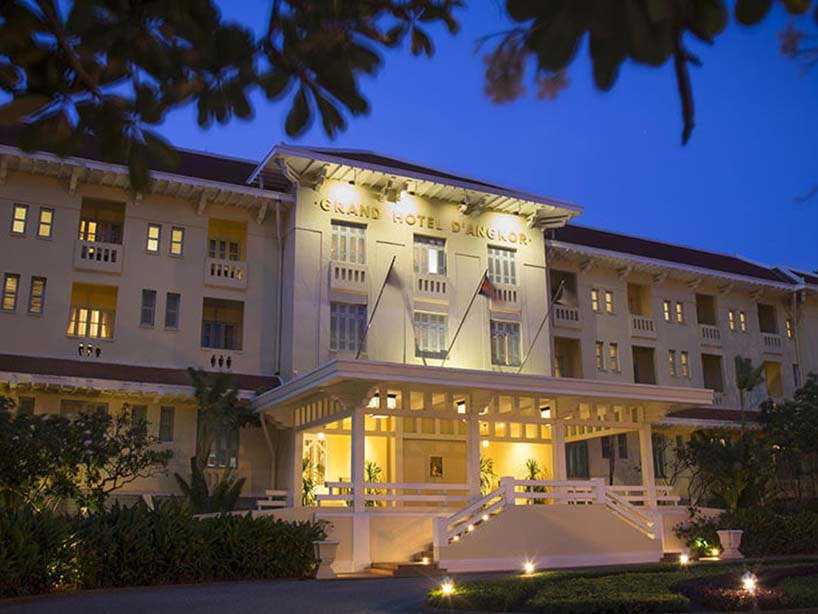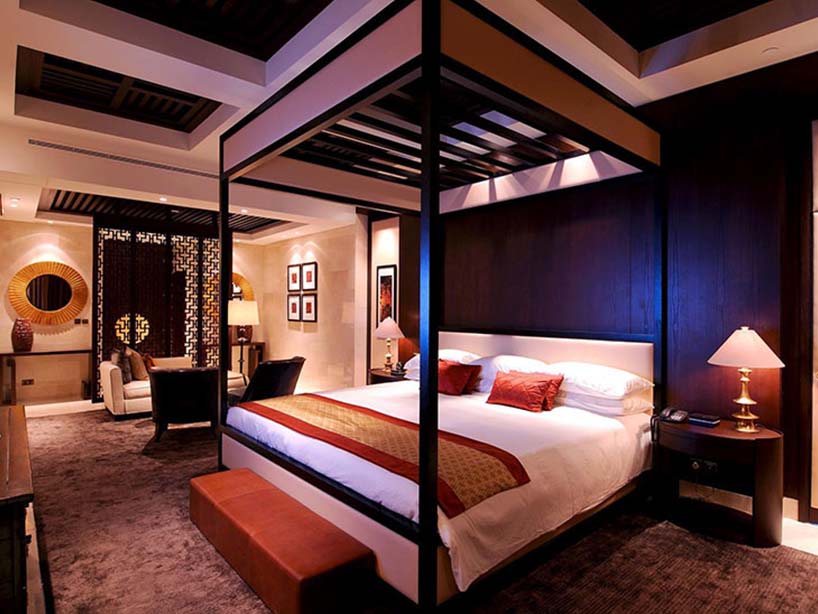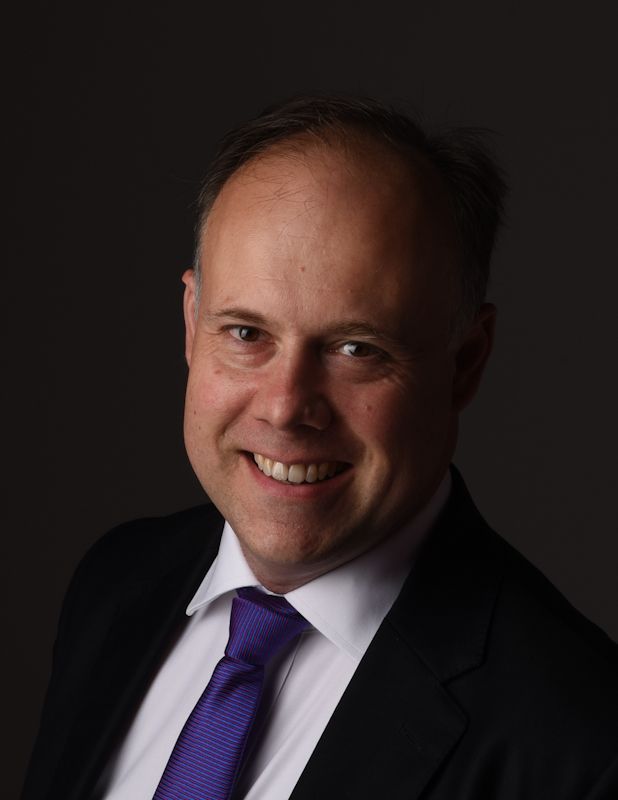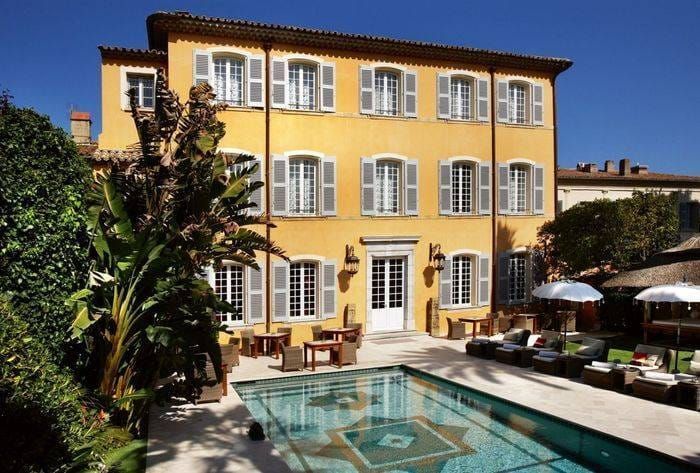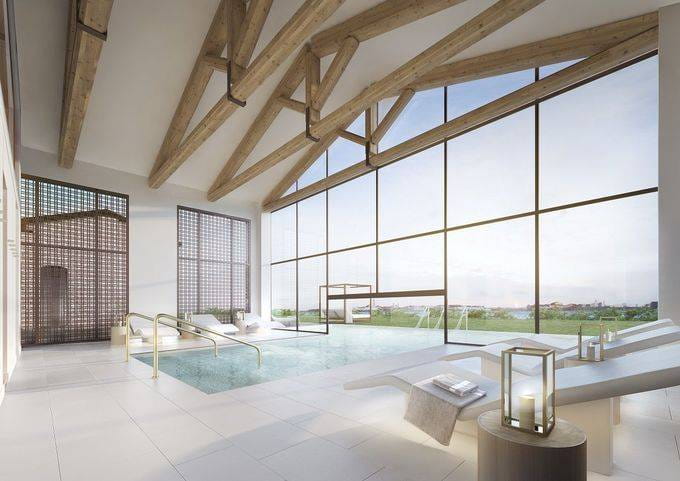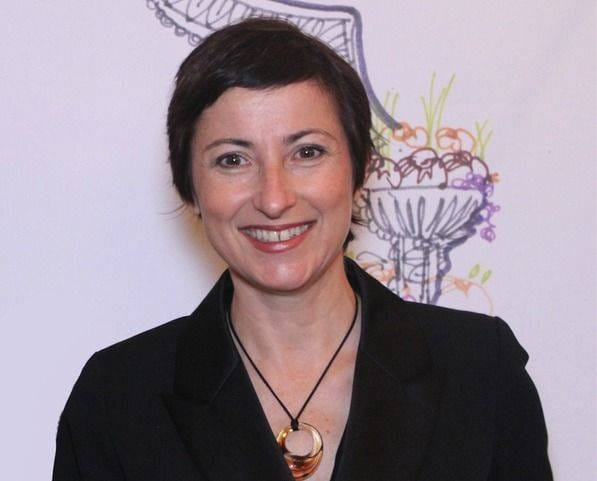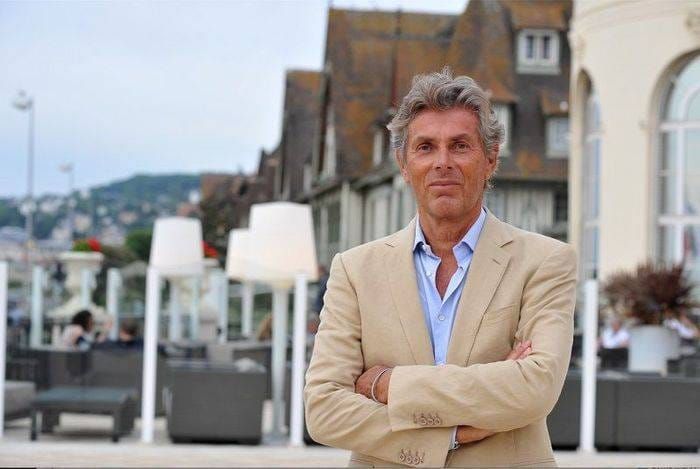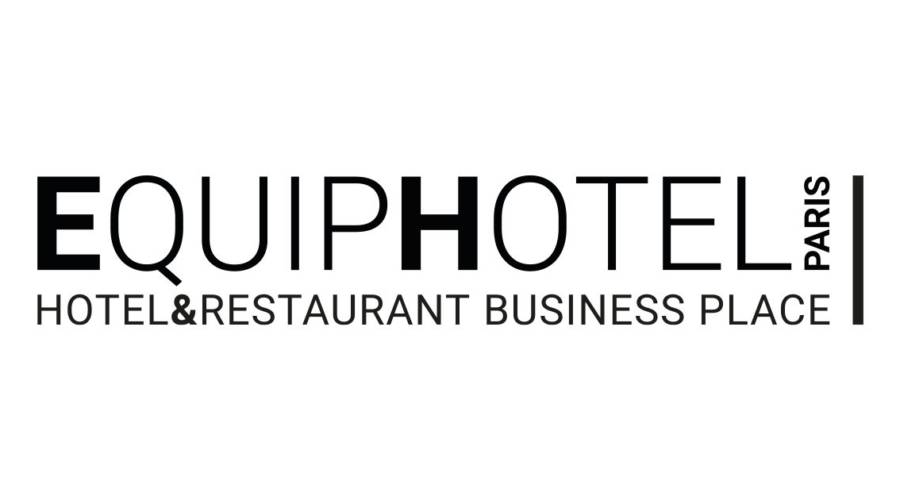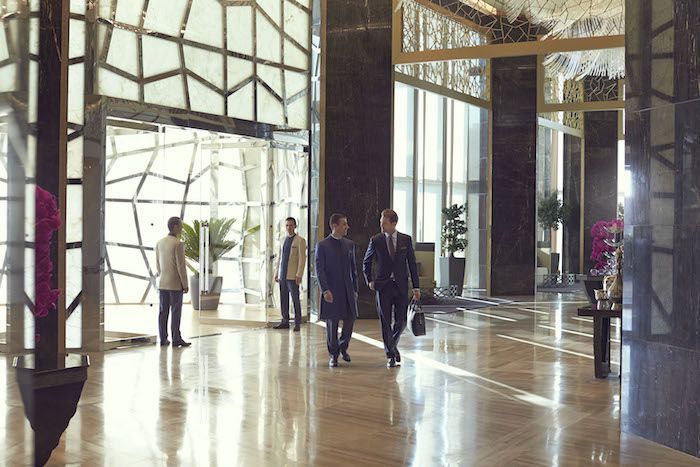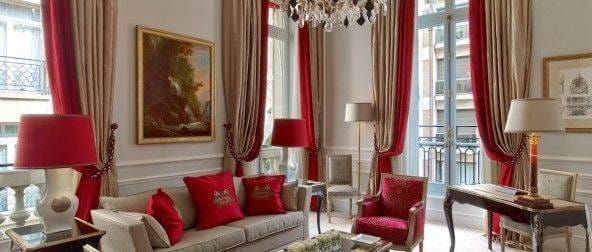I attended the 2017 edition of the ILTM Conference in Cannes, where I had the occasion to discover some extraordinary hotel brands. Luxury hotel brands often play a fine gamble between maintaining a core brand identity through a historically iconic collection while seeking to reinterpret and translate that identity into new locations around the world. One excellent example of a global luxury hotel brand that has done this with great success is the Singaporean brand Raffles, now part of AccorHotels.
Below you will find my interview on this subject with Jeannette Ho, VP revenue management and customer at the Raffles. She discusses what both differentiates and brings together the various Raffles hotels located around the world. I thought it was a particularly relevant issue given the brand’s double presence in Dubai, which is the first time that Raffles has built two hotels in the same city.
How do you define the art of welcoming at the Raffles?
At the end of the day, what we like to do is say that we have made someone feel they are being welcomed as a guest, and that by the time they leave us, they feel like they are friends and definitely want to return to us as family. Our art of welcome is about turning them into family. Our style of service is very intuitive; it’s not in your face. You don’t really notice we’re there, but when you leave, you will miss us.
Recently, we went through some of our guest comments to understand our favorite guests and what they see in our brand. One thing came up very clearly: they say that they love the fact that Raffles does not have a formal, subservient service. They feel that all of our colleagues are very proud to be a member of Raffles. They feel like they are the hosts of the hotel and they are there to welcome you, so they feel very comfortable. Sometimes in the luxury industry, people feel like there is a big gap between what the colleague might earn and the affluence of the guests, and this disconnect actually makes them feel a bit uncomfortable, as if there were some kind of inequality. Many of our guests say they feel like it’s just perfect at Raffles because it feels very friendly, warm, welcoming, and the colleagues appear genuine. One of our guests actually told us that Raffles is like “the land of a thousand smiles”. It’s nice when your guests tell you something like that.
What differentiates Raffles in terms of its decor and construction?
The brand is very iconic. Every Raffles is very distinctive and different, but they are all very iconic. There are a couple of key elements, and one of them is in the design itself. For instance, if it’s a heritage property, we preserve a lot of the heritage of the building and the stories within it. If it’s a new urban oasis, such as the one in Istanbul, we would want to make sure that the culture of the Turkish people and the artwork of Istanbul is brought into the property. As an example, the Raffles Europejski Warsaw is a great combination of both the heritage and the recognition of what is new in the community of Poland and Warsaw. The building itself represents 160 years of history, and it is preserved to reflect this with its plasterwork and artwork. But the Polish people themselves are very proud to be forward-looking. It’s a whole renaissance/revival of their culture, they’re very interested in art and music. The Chopin festivals and the art festivals are big; many fashion designers and musicians are emerging. We built the environment within the hotel to be very proudly Polish, so we feature over 350 pieces of genuine Polish art from different local designers. Even our uniforms are from a well-known Polish designer, and the music and environment capture the same spirit.
What is the link between Raffles Singapore and Raffles Dubai?
Iconic design, in a way that is relevant to the destination. If you look at Dubai, it’s a destination where it’s all about whatever the owners really want to do. The owner we had there was very enamored with Egyptian culture. You can see this from looking at the entire building, such as the details of the hieroglyphics. He hired an Egyptian father-son team who spent two months carving the wooden door of the ballroom. The uniforms were designed to follow that spirit. As a result, it is true to its own personality as defined by the owner. From there, you build a true visual icon. When you go to Dubai, you can see the pyramid with the shining ember at the top.
If luxury is exclusivity, how do you explain the decision to build two Raffles in the same city?
It is a little unusual, but they are essentially very different properties. One is more in the city area, and the other one is a resort area. In that sense, they are going to target very different audiences and have their own entirely different iconic personalities. But what is common is the service element—the Raffles butler, the guestroom, the intuitive service etc. There are a lot of training programs that go behind it. It’s not just about opening and hiring anybody. It comes down to whom we bring in as a Raffles colleague. When we came and joined Accor, we talked to some of the Talent & Culture teams who told us how difficult it was to hire a Raffles colleague because they were looking for someone who can really fit the overall identity and provide the legendary service that we have.
How do you integrate new technology inside your hotel?
It is a key element for us right now because our guests are getting younger and younger. The Middle East is very digital; the Chinese who are affluent are in particular very digital. Essentially the whole world, especially our affluent guests are getting very digital. The technology is there to allow our colleagues to know more about an individual wherever they go. For instance, even if it is the first time a guest travels to the Raffles Europejski Warsaw, if they have stayed with us before in Singapore, Istanbul, or Jakarta, the fact that we use the digital solutions behind the scenes allows our butler and our colleagues to already know a little bit about the guest. Of course, they don’t just presume that because the guest liked red wine at one hotel they will necessarily like red wine at another hotel. It gives them an idea about what they might like.
Recently at one of our hotels, for example, one of our VVIP guests came and we learned from his digital profile that the guest liked freshly pressed watermelon juice. Luxury is not just about your typical bottle of Champagne and fruits—which in fact the guest may or may not like. In fact, the real luxury was when the butler said to him, “Sir/Madame, we understand that you really like freshly pressed watermelon juice, and we have a batch in this morning. Would you like a glass?” And this gentleman was completely blown away, far more than he would have had we provided just a bottle of Champagne. So we do use technology to be able to really tailor and provide more bespoke experiences. Then, of course, we provide many options for communicating with the butler; if you prefer to call or even Whatsapp your butler, it will be available. We offer whatever you’re most comfortable with.
#ILTM #luxuryHotel #delportehospitality
Raffles – Dubai – Room
Known for his international expertise on luxury hotels through his magazine, Laurent Delporte shares his vision and experiences in the world of hotels on his site DELPORTE Hospitality. He decodes the behind-the-scenes action in the sector: from food and beverage facilities, accommodations, architecture, to the quality of services. He offers interviews, advice, and articles as pragmatic resources that industry professionals and private individuals can refer to in their search for information.


 HOME
HOME